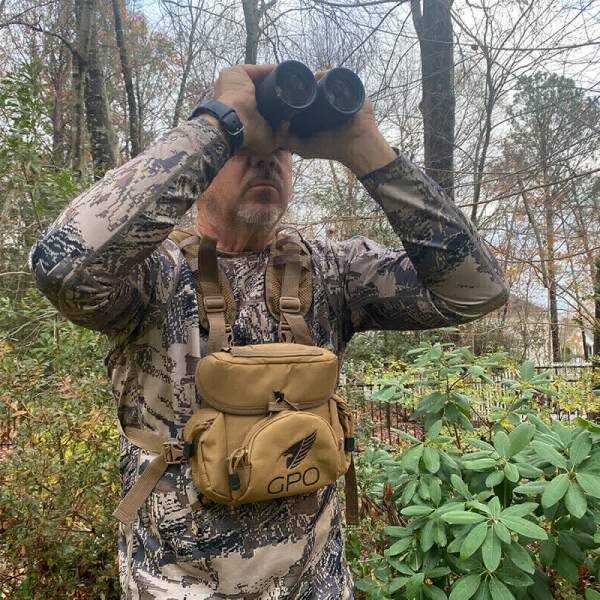Obama Administration Grabs for Broader Powers
By Bill Horn, Director of Federal Affairs, U.S. Sportsman’s Alliance
In a controversial new policy, the Obama Administration plans to broaden the reach of the already far reaching federal Endangered Species Act (ESA). The new policy will make it easier to list more species of fish and wildlife as “endangered or threatened” and more broadly impose the ESA’s many restrictions. Greater limitations on fishing and hunting, wildlife management, and public land access are a likely result.
The proposed policy, released on December 9 by the U.S. Fish and Wildlife Service (FWS) and the National Marine Fisheries Service (NMFS), see http://www.gpo.gov/fdsys/pkg/FR-2011-12-09/pdf/2011-31782.pdf which newly interprets an old statutory term in the ESA: “a significant portion of its range,” or SPR for short. Under the new interpretation, if a species is endangered or threatened in its SPR, it will be listed (and subject to the full range of ESA restrictions) in ALL areas where it is found even if not endangered or threatened in those other areas. The policy admits “we recognize this interpretation may lead to application of the protections of the Act in areas in which a species is not currently endangered or threatened with extinction, and in some circumstances may lead to the expenditure of resources without concomitant conservation benefits.”
Furthermore, those federal agencies admit that “application of the draft policy would result in the Services listing and protecting throughout their ranges species that previously we would not have listed, or would have listed in only portions of their ranges.”
Previously the SPR term had been regarded as a restriction on determining the existence of endangered or threatened species and the geographic scope of related ESA restrictions. In fact, when the original ESA was signed into law in 1973, that was precisely the meaning ascribed to SPR: “the term ‘significant portion of its range’ is used … to provide the Secretary with the authority to protect a [fish or wildlife] population [not the whole species] unique to some portion of the country.” The proposed Obama policy turns this intent on its head and recasts SPR as the basis for expanding species listings and the on-the-ground effect of such listings.
What does this mean to anglers and hunters? U.S. Sportsmen’s Alliance is worried that it gives the anti-angling, anti-hunting animal rights lobby more ammunition to attack our community. For example, activists have been pushing hard to put sage grouse on the list of endangered or threatened species. If they can show that the grouse are “threatened” in one area (and it’s a “significant portion of its range”), then all of the grouse could be listed – and made off limits to hunting everywhere. Anglers could face similar restrictions – get a species listed because it is in trouble in one area, then it’s off-limits everywhere because “this interpretation may lead to application of the protections [and restrictions] of the Act in areas in which a species is not currently endangered or threatened.”
Besides these threats – plainly stated in the proposed policy – new rounds of litigation impacting a wide variety of fish and wildlife species are almost guaranteed. The policy opines that “Congressional intent regarding the SPR phrase is unclear” and admits that court rulings interpreting the phrase are also inconsistent. The USFWS and NMFS are plowing ahead to twist and broaden the meaning of this phrase which will spawn litigation, create more costs to taxpayers, and open more opportunities for activists, including activist judges, to call the shots on fish and wildlife management.
We shouldn’t be surprised by this action. Broader federal power, more regulations, hostility to state management of fish and wildlife, and a determination to spend more federal money (even where public benefits aren’t clear) have been hallmarks of the Obama Administration. Reinterpreting the ESA as part of its continuing federal power grab is just par for the course.
USSA has carefully read 20 pages of Federal Register fine print and will be re-reading it again to see if there are any other buried regulatory “gotchas.” Public comments can be filed by February 7, 2012, and you can be sure we will be registering our strong opposition.







